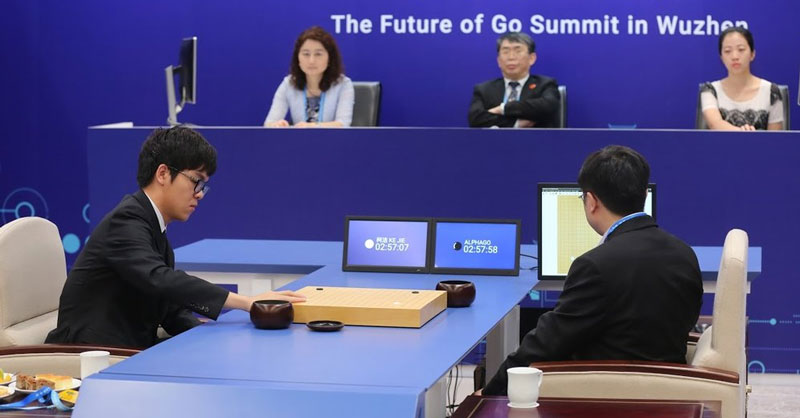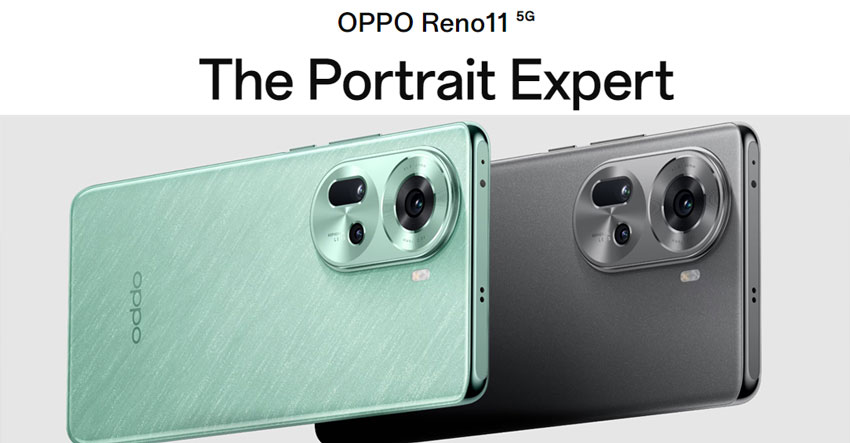AlphaGo – Google’s AI is now officially the no. 1 player in ancient Chinese board game Go, after defeating Ke Jie – the Chinese Go Grandmaster and the world’s best Go player.
During the recent Future of Go Summit in China, AlphaGo beat Ke Jie – world no. 1 at the time, in three game match with 3-0. After winning all three games against the Chinese grand master, AlphaGo was awarded the professional 9-dan level by Chinese Weiqi Association (Go Association).
DeepMind – the London based AI unit of Google and the team behind AlphaGo, said in a statement that this was the last match the AI played as “this week’s summit represented the highest possible pinnacle for AlphaGo as a competitive program.” AlphaGo will retire while the company will continue its AI research in other areas beyond the game Go.
If you had followed, AlphaGo has previously defeated Lee Sedol in a five-game match with 4-1 and got an honorary 9-dan level. It was expected that it could take decades for the artificial intelligence to match with a pro Go player due to the complexity of the game. Check out, how the AlphaGo could make it, way before than it was expected – after the break.
If you are interested to see more about the game between the computer and the human, you might want checkout the full game sessions on YouTube. However in an exclusive interview to China Global Television Network, Ke Jie said that he thinks “Future belongs to Artificial Intelligence”. Watch the interview below.
The game Go has been challenging for computers to play against human
Google has created AI, that has now mastered the ancient Chinese game Go, 10 years earlier than predicted. Computers have mastered games many times before – Chess, Checkers, Monopoly are examples of those. These games are based on brute-force search algorithm – a quick analysis of all options using artificial intelligence methods such as alpha-beta pruning, tree traversal and heuristic search. Unlike those games, the game Go isn’t that simple.
The Go game is played on a board with 19×19 grid. Two players place white or black stones on each intersection on the grid. Purpose is to surround the opponent’s stones and capture them. The target is to control over 50pc of the board. This game needs millions of possible outcomes.

Programming a computer to understand nearly infinite possibilities has proven challenging. For example, IBM’s computer Deep Blue was able to beat world chess champion Garry Kasparov in 1997. However, the best Go programs could only reach up to amateur 5-dan level of the game where they couldn’t beat a professional (9-dan) Go player without handicaps.
In order to build AlphaGo, programmers utilized 2 neural networks – policy network and value network. Policy network lets the computer determine most promising moves whereas the value network narrows the search depth to make the computer think about only 20 moves ahead instead of 100s. Technically, it’s more a human way of thinking by not going beyond the limits to evaluate every possible outcomes. That probably makes AlphaGo more compelling against human professional rather than as just another computer AI program.



